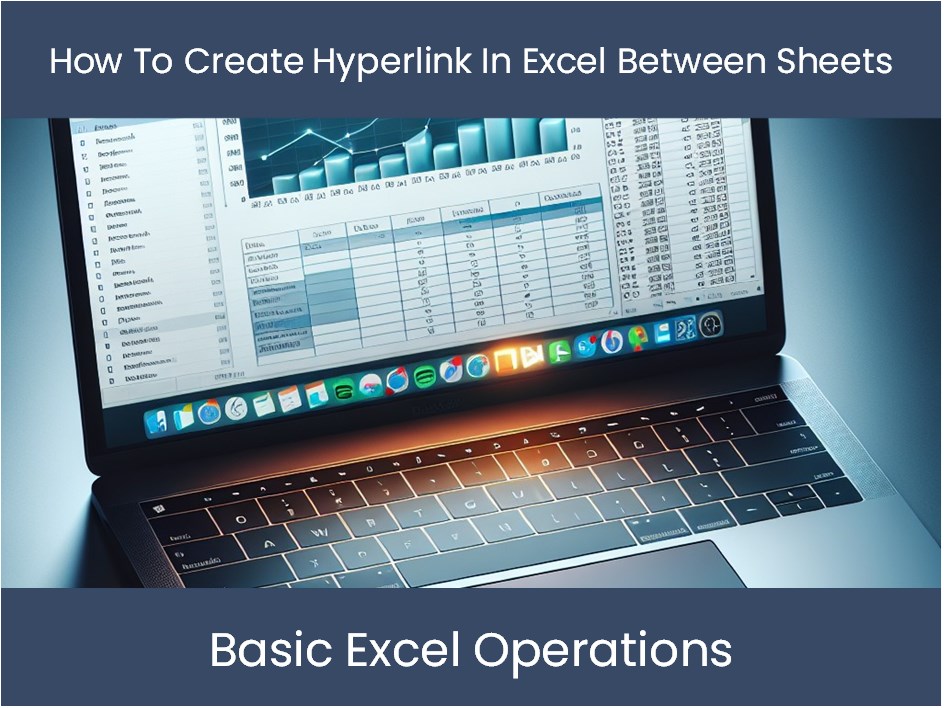California Prevailing Wage Paperwork: Your Complete Guide

In the vast and complex landscape of California employment law, one of the most intricate areas for employers, contractors, and workers alike is understanding and complying with prevailing wage laws. Prevailing wage is essentially a standard that ensures workers on public works projects are paid according to the wage rate set by local or state labor authorities. This comprehensive guide aims to demystify prevailing wage paperwork in California, providing insights into requirements, processes, compliance strategies, and the consequences of non-compliance.
Understanding Prevailing Wage in California

Before we delve into the paperwork, it’s crucial to grasp what prevailing wage entails:
- Public Works Projects: Projects funded or backed by public agencies, like road construction, public buildings, and even some private work under public contracts.
- Prevailing Wage: This rate is determined by the Director of the Department of Industrial Relations (DIR) for each trade or occupation based on survey data. It includes basic wages and benefits or fringe contributions.
- Applicability: Workers in construction, service, and other trades employed on public works projects.
🚨 Note: Not all labor on a public project is considered public work. The scope often depends on the nature and location of the work, contract terms, and state regulations.
The Paperwork Process

The process of managing prevailing wage paperwork can be intricate:
-
Determine Applicability:
- Identify whether the project is indeed public work.
- Classify the type of work and workers involved.
-
Secure Proper Wage Determination:
- Download the official DIR wage determination for the project location and time of bid.
- Ensure the determination covers all applicable trades and crafts.
-
Collect Worker Information:
- Gather all necessary worker details including names, hours worked, rates, and benefits.
-
Complete Certified Payroll Reports (CPRs):
- Frequently, these reports need to be filed weekly for every project.
- Incorrect reporting can lead to severe penalties.
-
Submittals and Compliance:
- Submit CPRs to relevant parties (contractor, subcontractor, awarding agency).
- Maintain records for at least 3 years post-project completion.
📝 Note: While electronic submissions are increasingly common, some projects might require paper submissions. Always clarify with project specifications.
| Form | Purpose | Frequency | Retention |
|---|---|---|---|
| DLSE Form PW-26 | Request for wage determination | At time of project bid | Indefinitely |
| Certified Payroll Reports | Show worker wages, hours, and rates | Weekly | At least 3 years |
| Statement of Compliance | Certification of payroll adherence | With each CPR | 3 years |

Common Pitfalls and Compliance Tips

Here are some common mistakes to avoid and tips for ensuring compliance:
-
Incorrect Classification:
- Ensure workers are categorized correctly, as misclassification can lead to underpayment.
- Pay attention to overlapping or combined duties.
-
Omitted or Incorrect Payroll Data:
- Double-check time entries, rates, and fringe benefits for accuracy.
-
Filing Errors:
- Verify that payroll reports are complete, timely, and submitted to the correct authorities.
-
Lack of Training:
- Employees and managers should be trained on prevailing wage laws.
-
Non-Compliance:
- Implement a system for review and auditing of payroll records.
Key compliance tips include:
- Use specialized software for tracking and reporting payroll.
- Outsource to professionals familiar with prevailing wage laws if in-house capabilities are limited.
- Maintain meticulous records, including communications, payroll slips, and project documentation.
- Implement regular audits to catch discrepancies early.
Handling California's prevailing wage paperwork effectively involves a combination of understanding the laws, meticulous documentation, and adherence to regulatory requirements. Here's a summary of what we've covered:
Prevailing wage laws ensure fair compensation for workers on public projects in California. Understanding which projects qualify, securing accurate wage determinations, and maintaining detailed payroll records are fundamental. Common pitfalls like worker misclassification or filing errors must be avoided through proper training, software tools, or professional guidance. With compliance, not only do employers meet legal obligations, but they also uphold ethical labor practices.
Remember, prevailing wage requirements are in place to protect workers, promote fair competition among contractors, and maintain public trust in government spending. While the paperwork can seem daunting, it's an essential part of the larger goal to ensure equitable and transparent labor practices.
What is considered a public work project in California?

+
A public work project typically includes construction, alteration, demolition, installation, repair work, or maintenance done under contract and paid for in whole or part out of public funds. This encompasses projects like road construction, public buildings, and even some private projects under public contracts.
How often should I submit Certified Payroll Reports?

+
Certified Payroll Reports (CPRs) should be submitted weekly for public works projects to ensure compliance with prevailing wage laws. Some projects might have different requirements, so always confirm with the project specifications.
What are the consequences of non-compliance with prevailing wage laws?

+
Non-compliance can lead to severe penalties including fines, debarment from future public works bidding, back pay requirements, and even legal action. This can be detrimental to a company’s reputation and financial stability.



